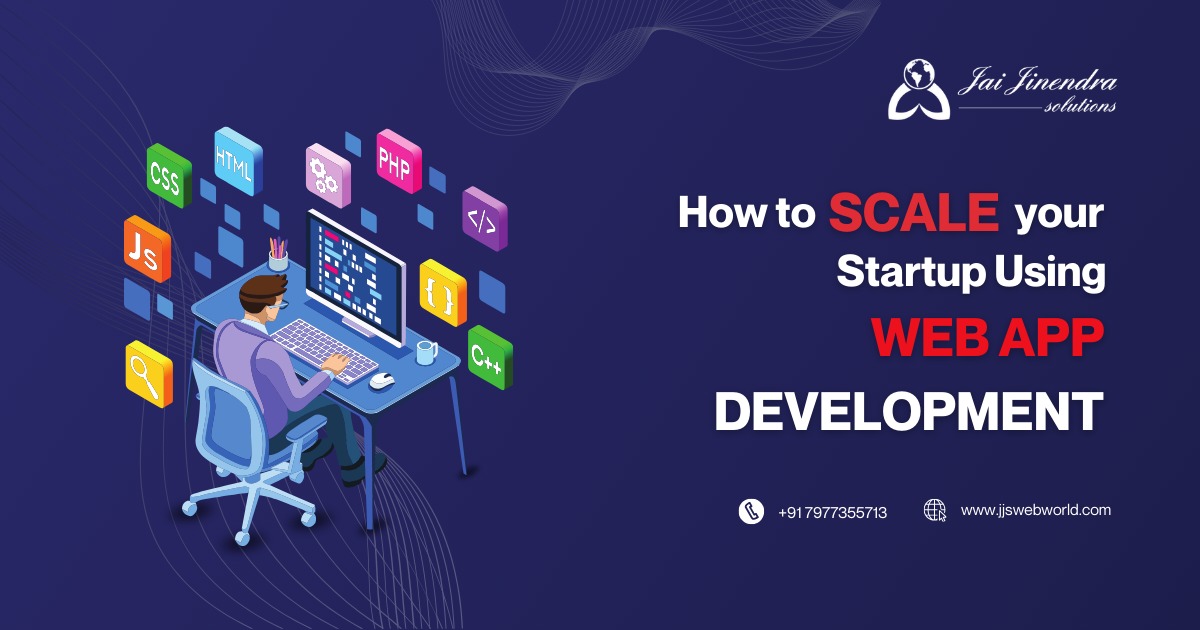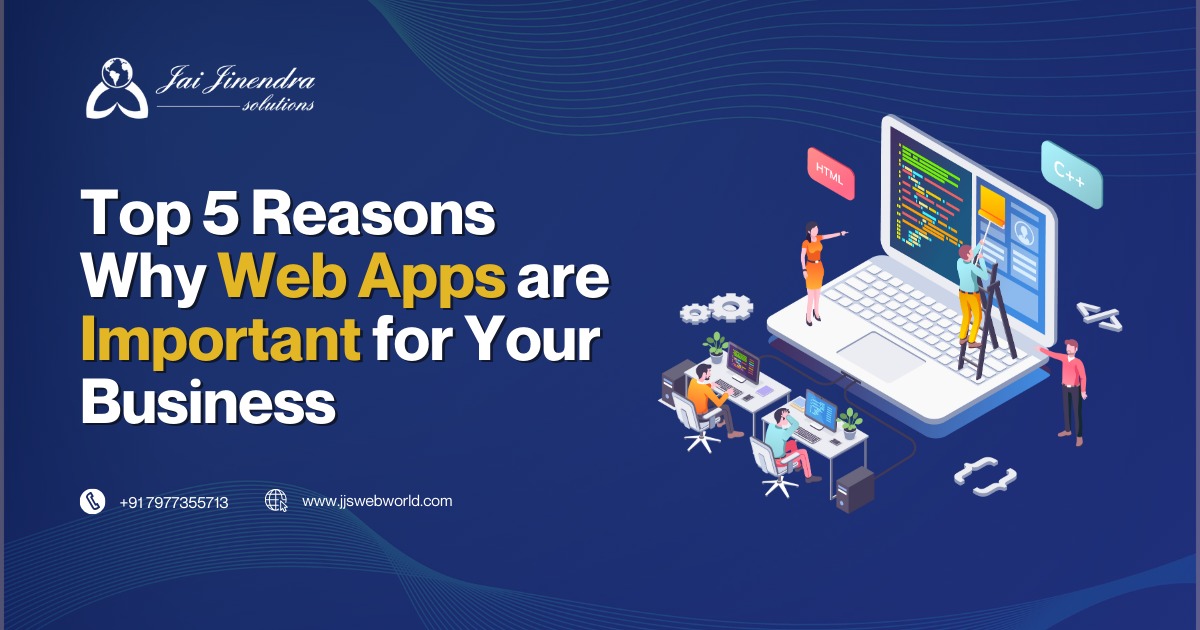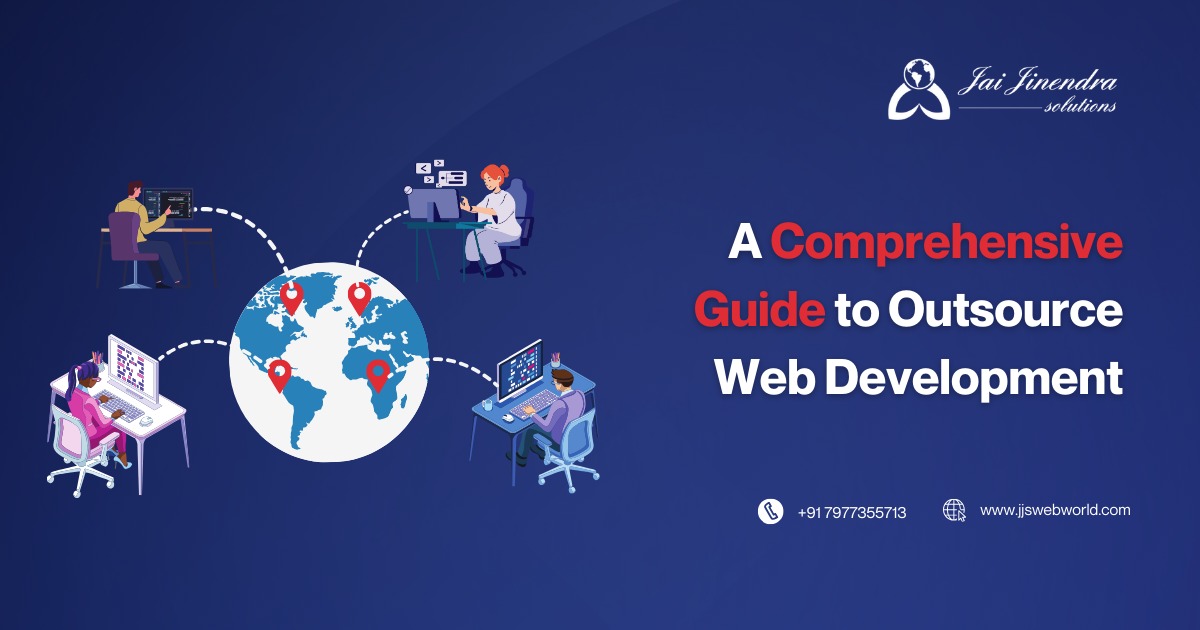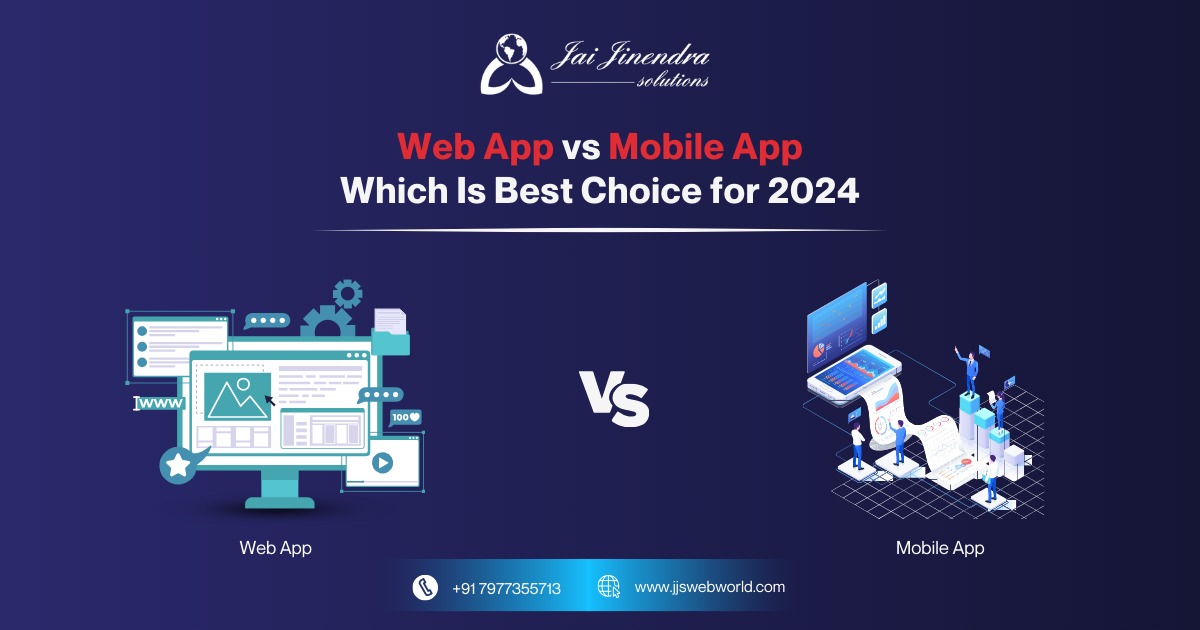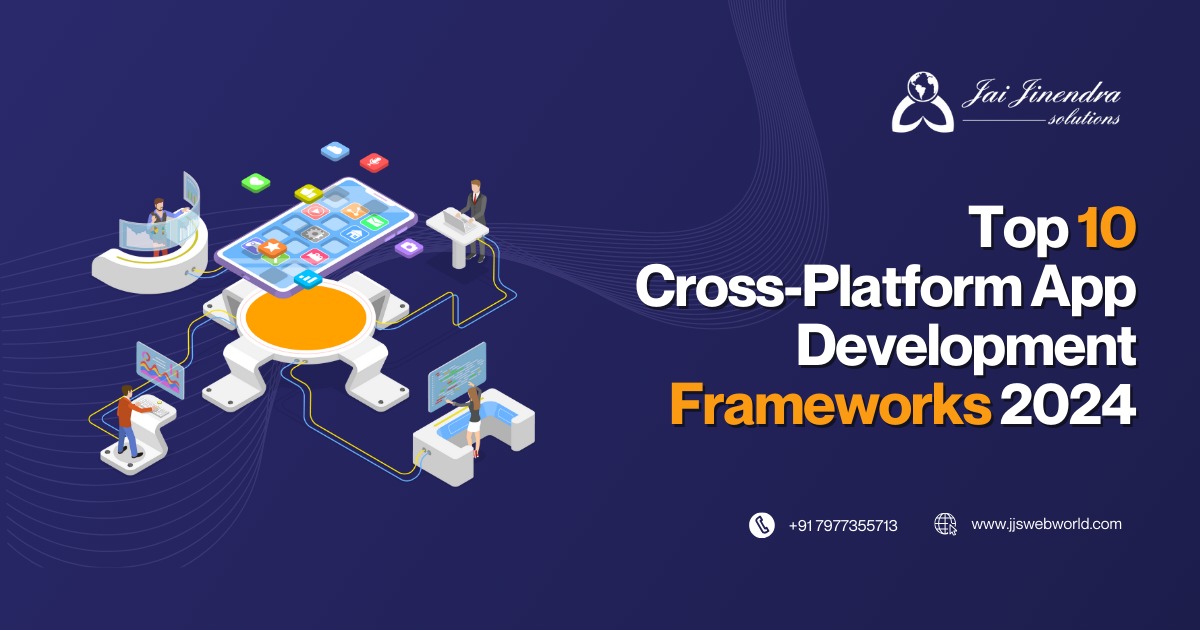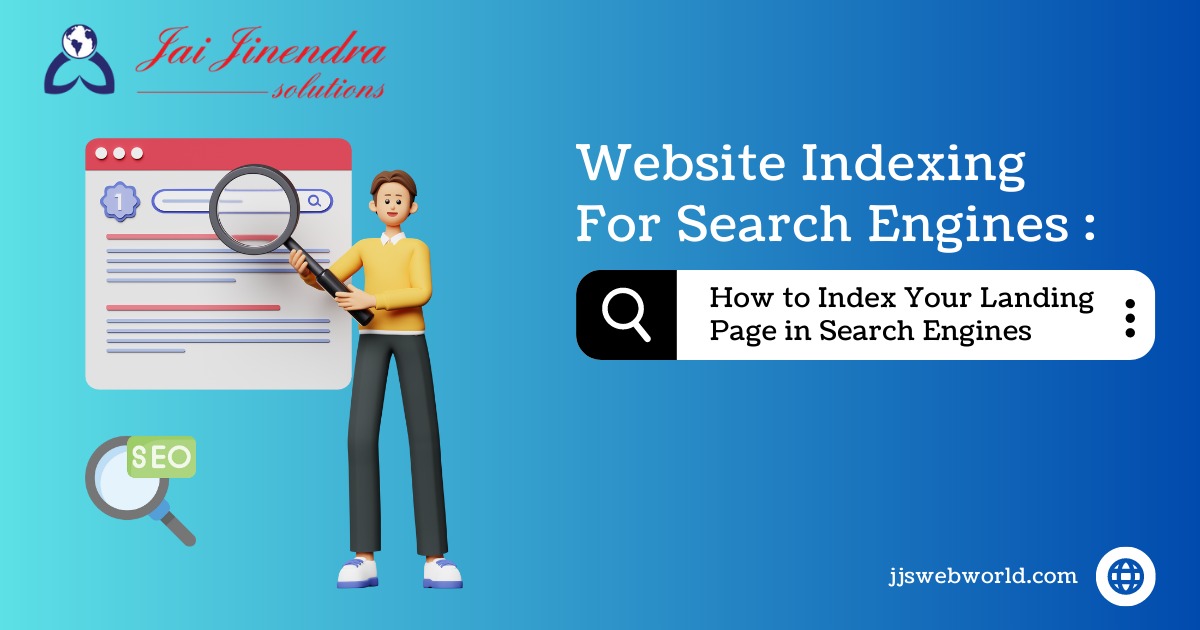- info@jjswebworld.com
- +91 7977355713
- 302, Arihant Residency Road No.2 Pushpa Park Dafftary Road , East Mumbai 400097, India
Website Indexing For Search Engines : How to Index Your Landing Page in Search Engines
Latest Posts
- 17 Jul 2023
- admin
SEO this, SEO that, but there are so many aspects of SEO we sometimes fail to understand. After the web crawlers go through your website, the next step is website indexing.
Remember those textbooks and magazines where the index page was at the front? Google makes it easy for users by indexing the websites/blogs themselves. So, whenever you add a page to the website, the page will be indexed.
But what can you do to make sure your page is indexed from the beginning? Quite honestly? Nothing. There is no set practice that ensures your blog will be indexed. It is a game of patience, waiting, and also wishing that Google indexes your page.
But then, what are SEO experts for? Ranking your website will be their top priority. But there are certain practices you can follow to make sure your page has higher chances of getting indexed, and the ball is in our court. Before diving further into the practices, let us first understand what website indexing actually is!
Understanding Website Indexing:
Indexing refers to the process of cataloging and organizing web pages so that search engines can retrieve and present relevant results to users. Google utilizes complex algorithms and web crawlers that diligently scan and analyze websites. By indexing web pages, search engines create an extensive database that facilitates efficient retrieval and delivery of accurate search results, matching users' queries with the most relevant information available.
But then, what is the difference between indexing and crawling?
Crawling and indexing are two distinct processes that search engines employ to organize and make sense of the vast amount of information available on the internet. Understanding the difference between crawling and indexing is essential for grasping how search engines like Google operate.
Crawling:
- Crawling is the process by which search engine bots discover and explore web pages across the internet.
- Search engine bots, known as web crawlers, crawl through links from one webpage to another to traverse the web.
- During crawling, bots collect information about web pages, including URLs, content, meta tags, headers, and more.
- Crawlers look for new links on each page to navigate through different websites.
- Crawling is an automated process that continuously updates the search engine's index of web pages.
- Factors like quality, relevance, popularity, and update frequency can influence whether a page gets crawled.
Indexing:
- Indexing is the process of organizing and storing the information collected during crawling.
- Once a web page is crawled, relevant data is extracted and added to the search engine's index.
- The index serves as a catalog or library containing information about web pages, including URLs, content, meta tags, and keywords.
- Search engines use the index to retrieve relevant results when users perform searches.
- During indexing, search engines analyze and interpret the collected data to determine page relevance and quality.
- Factors such as keyword usage, content uniqueness, backlinks, and user experience signals are evaluated during indexing.
- Indexing is an ongoing process to keep search results up-to-date and relevant
The Relationship Between Crawling and Indexing:
Crawling and indexing are closely intertwined processes. Crawling allows search engines to discover new web pages, while indexing organizes and stores the information gathered during the crawling process. Without proper crawling, search engines would not be able to find and index new or updated web pages. Similarly, without indexing, search engines would struggle to deliver accurate and relevant search results to users.
Once a web page is crawled and indexed, it becomes eligible to appear in search engine results when relevant queries are made. The goal of SEO experts is to optimize web pages in a way that makes them more easily discoverable by search engine crawlers and ultimately leads to better indexing and visibility in search results.
Why is indexing so important?
Indexing is crucial because it determines the visibility and accessibility of your website's landing page in search engine results. When search engines index your web pages, they include them in their vast databases, making them eligible to appear in search results when users enter relevant queries. Without proper indexing, your website may remain invisible to potential visitors, resulting in missed opportunities for organic traffic and potential customers. Indexing ensures that your web pages are discovered, ranked, and displayed to users seeking information or solutions related to your industry or niche. It is the gateway to online visibility and plays a vital role in driving targeted organic traffic to your website.
Preparing Your website/landing page for Indexing:
To ensure that your landing page is search engine-friendly and poised for successful indexing, SEO experts employ several key measures. The first step is to make your landing page easily accessible to search engine crawlers.
- Optimizing the robots.txt file acts as a set of instructions for search engines, specifying which parts of your website should be crawled and indexed.
- XML sitemap is crucial. This sitemap serves as a blueprint of your website's structure, guiding search engines through its various pages and facilitating a comprehensive understanding of your content.
- Optimize your content. SEO experts emphasize the importance of incorporating relevant keywords that align with the intent of your target audience. Through extensive keyword research, they identify the terms and phrases that users are likely to search for when seeking information related to your industry or niche.
By strategically integrating these keywords into your content, meta tags, headers, and descriptions, you increase the likelihood of search engines recognizing the relevance of your landing page and indexing it accordingly. Furthermore, experts emphasize the significance of providing unique and high-quality content.
Search engines prioritize websites that offer valuable, informative, and original content to users. By delivering content that stands out from competitors and addresses the needs and interests of your target audience, you establish credibility and improve your chances of successful indexing.
Submitting Your Landing Page to Search Engines:
Once your landing page is meticulously prepared, it's time to submit it to search engines for indexing. SEO experts ensure that your website is registered with search engines and that it is visible and ready for indexing.
Webmaster tools and search engine consoles, such as Google Search Console, become invaluable resources in this process. They provide crucial information about your website's performance, monitor indexing status, and offer insights that help optimize your website for better visibility.
Submitting an XML sitemap is another vital step in facilitating search engine indexing. This sitemap acts as a guide for search engine crawlers, enabling them to navigate and comprehend the structure and content of your website more effectively.
By submitting your XML sitemap through webmaster tools, you enhance the visibility of your landing page and improve the chances of it being accurately indexed.
Building External Links
In the realm of SEO, backlinks play a significant role in successful indexing. Backlinks are external links that direct users from other websites to your landing page. They not only drive traffic but also enhance your website's credibility in the eyes of search engines. SEO experts employ various strategies to acquire high-quality backlinks for your landing page.
One common approach is guest blogging, where you contribute valuable content to other reputable websites in exchange for a backlink. By showcasing your expertise and providing insightful content, you establish yourself as a trusted authority in your industry while also attracting valuable backlinks.
Collaborating with influencers is also a fairly new but effective way to build backlinks. By partnering with influential individuals or brands in your niche, you can leverage their audience and credibility to generate interest in your landing page and secure valuable backlinks.
Social media platforms also offer opportunities for link-building. SEO experts engage in strategic social media promotion, sharing your landing page content and encouraging others to link back to it. This not only drives traffic but also enhances the chances of search engines discovering and indexing your landing page.
Submitting your pages to reputable directories and engaging in content promotion through platforms like online communities and forums can help generate backlinks and improve indexing.
Monitoring and Maintaining Indexing Status
Indexing is not a one-time process but rather requires constant monitoring and maintenance. SEO experts regularly check the indexing status of your landing page using search engine consoles and tools. They keep a close eye on any issues that may hinder proper indexing and take appropriate actions to resolve them.
Common issues that can impact indexing include broken links, duplicate content, and server errors. SEO experts meticulously examine your website pages for broken links, ensuring that all internal and external links are working correctly. They also address duplicate content concerns by implementing strategies such as canonical tags or rewriting content to make it unique. Server errors can harm indexing, so experts work to resolve any technical issues promptly and ensure that your website is accessible to search engine crawlers.
Optimizing your landing page's load speed is crucial. A slow-loading website can lead to poor user experience and potentially lower indexing priority. SEO experts analyze and optimize various factors that affect page load speed, such as image sizes, caching, and code efficiency, ensuring that your landing page loads quickly and seamlessly.
Monitoring search engine rankings and organic traffic is an essential part of maintaining indexing status. SEO experts use analytics tools to track the performance of your landing page, identify trends, and gather valuable insights. By analyzing these metrics, they can refine and enhance your website's visibility, ensuring that it continues to rank well in search engine results.
Conclusion:
The world of website indexing and search engine optimization is a dynamic and captivating one. By understanding the intricacies of Google's indexing process and working alongside SEO experts, businesses and website owners can ensure that their website pages are successfully indexed. Effective indexing holds the key to online visibility, attracting organic traffic, and ultimately achieving digital success. So, embrace the power of indexing, optimize your landing page, and witness the magic unfold as your website climbs the search engine ranks and connects with your target audience like never before.

